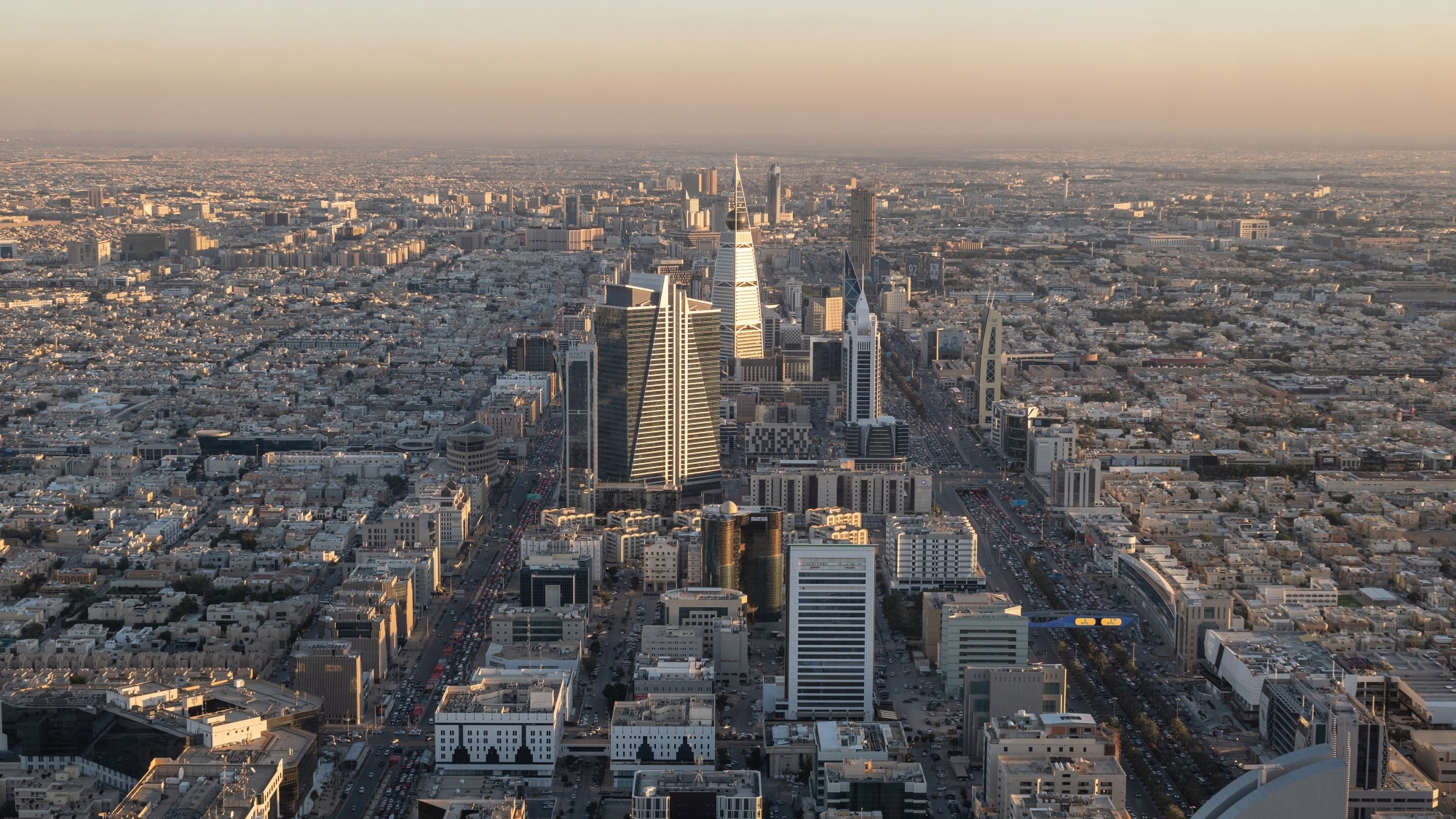Today’s News

Image Source: Bloomberg
Numerous multinational corporations have responded to Riyadh’s ultimatum, obliging them to establish regional headquarters in Saudi Arabia to avoid missing out on lucrative government contracts. Notably, PepsiCo, Boeing, PwC, and Unilever are among the 350 global companies that have adhered to the mandate, securing regional headquarters licenses, while others, like Boeing, have applied for them.
However, major banks such as Citibank, Deutsche Bank, Goldman Sachs, and HSBC have yet to announce their compliance.
Financial institutions, particularly large ones operating across the Middle East, Europe, and Africa, express discomfort with the regulatory implications of establishing regional headquarters in Saudi Arabia. According to a senior financier, “It’s not only about whether you want to put people in Saudi Arabia, it’s what the regulatory framework is going to be.” The financier further added that Saudi Arabia was “not a financial centre set-up”.
The Saudi edict, known as Programme HQ, was implemented this year amid substantial investment in development plans by Crown Prince Mohammed bin Salman. The capital influx has made Riyadh an attractive destination for those seeking lucrative deals. The government warns that companies failing to open a Saudi regional headquarters with a minimum of 15 employees, including executives overseeing other countries, would be ineligible for new government business.
Challenges persist, unlike Dubai’s International Finance Centre, as Riyadh’s King Abdullah Financial District lacks its own regulator, with different elements of the banking sector regulated by the Saudi central bank and its capital markets authority.
Saudi Arabia’s investment ministry assures efforts to harmonize and strengthen its framework, citing banks like Northern Trust initiating steps to open regional headquarters. Prince Mohammed envisions Saudi Arabia as a regional finance and trading hub, akin to Dubai, emphasizing the need for businesses profiting in the country to be based there.
While numerous multinational manufacturers and consulting firms have swiftly complied with the Programme HQ directive, major banks, law firms, and public relations companies are proceeding cautiously due to concerns such as tax implications.
Michael Bessey, a director at consultancy Albright Stonebridge Group, notes that the regional headquarters’ rules “were drafted more with the mindset of companies that sell products rather than those who sell services”. The investment ministry insists ongoing discussions with firms aim to develop tailored solutions, framing the initiative as incentivizing companies to draw value from Saudi Arabia’s investment opportunities.
Despite the issuance of regional headquarter licenses at a rate of 10 per week, the ministry opts not to release a public list. Riyadh had considered a naming and shaming approach but later moderated to circulate the names of non-compliant companies among government ministries.
Notably, the powerful Public Investment Fund and state-run energy giant Saudi Aramco, though influential in development, are not considered government bodies. This distinction allows them to follow their own procurement rules. Executives suggest that if these entities were included, more companies might consider initiating the regional headquarters process.
Ultimately, as the Saudi spending spree continues, there is a growing consensus among global businesses that compliance with Programme HQ is becoming inevitable, marking a rush to establish a presence in Riyadh.
Other News
EY’s UK Deals Unit Faces Internal Strife Over Job Cuts
Employees in EY’s U.K. deals business express discontent and shattered trust in management following recent job cuts, revealed in an internal survey. Morale is low as sales decline, emphasizing internal challenges amid the broader industry trend of Big Four firms cutting jobs.
Abrdn Faces Investor Concerns Amid Cost-Cutting Struggles
CEO Stephen Bird’s cost-cutting strategy at Abrdn, aimed at boosting income and modernizing the business, falls short, leading to investor concerns. High costs, declining share prices, and management criticisms raise questions about the company’s future direction.
U.S. Small Businesses Struggle For Credit
Small businesses in the U.S. encounter hurdles securing traditional loans, influenced by higher interest rates and past bank failures. Owners cite difficulties in obtaining credit from various banks, impacting growth opportunities.



